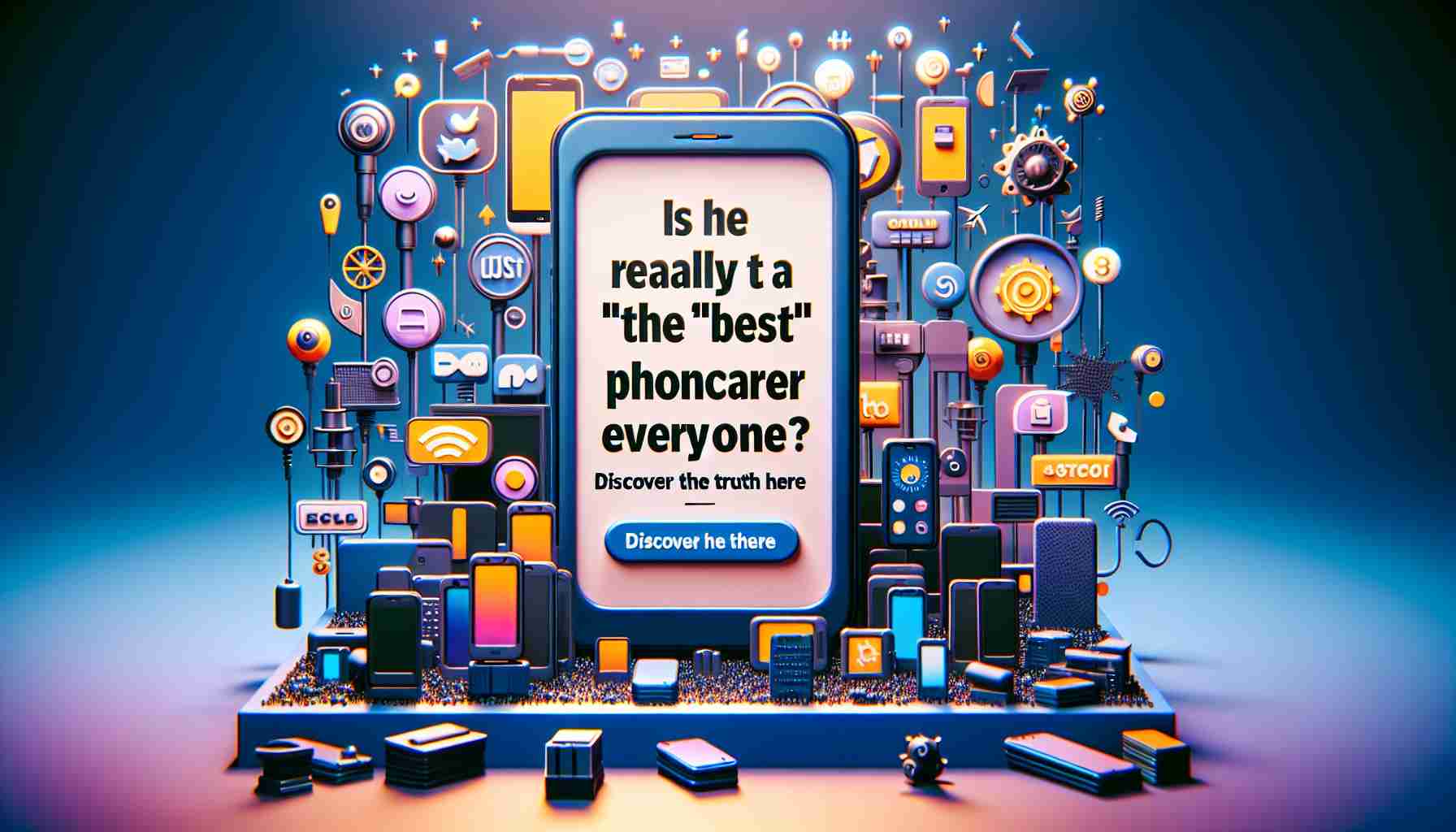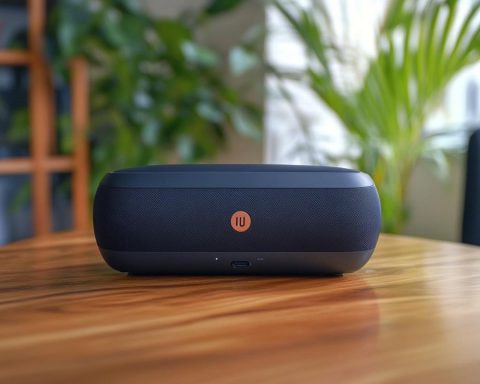In today’s world, choosing a phone carrier can seem daunting with the abundance of choices and ever-evolving technologies. Is there a one-size-fits-all solution? The answer depends on what matters most to you.
Coverage and Reliability: When it comes to nationwide coverage, Verizon consistently ranks highest. Known for its reliable service, it often has the best signal strength and data speeds even in rural areas. AT&T follows closely, offering robust coverage and strong 4G LTE performance, with its 5G network rapidly expanding.
Cost and Value: If budget is your main concern, T-Mobile might be your top choice. They offer competitive pricing and many features, such as unlimited data plans and no hidden fees. T-Mobile’s network has improved significantly, especially after its merger with Sprint, making it a worthy contender.
Flexibility and Customer Service: Consumer Cellular has earned praise for its customer service and flexible plans, catering especially to senior citizens. It allows customers to customize their plans monthly based on their usage, ensuring they only pay for what they need.
Innovative Features: For those who prioritize the latest technology, AT&T and Verizon lead with their 5G rollouts and exclusive deals on cutting-edge devices.
Ultimately, the “best” carrier is subjective and hinges on individual priorities like coverage, cost, or customer service. Evaluating your needs and comparing plans will reveal the best fit for you in this competitive market.
Unexpected Factors in Choosing the Best Phone Carrier
Deciding on a phone carrier involves more than just evaluating coverage, cost, and customer service. But what else should you consider that isn’t commonly highlighted? Let’s delve deeper into the hidden aspects that could impact your life and community.
Environmental Impact: Carriers like T-Mobile are making strides in sustainability, aiming for zero emissions by 2040. This commitment can influence environmentally-conscious customers. However, the flip side includes concerns about the electronic waste generated by frequent device upgrades encouraged by incentive plans.
Community and Connectivity Initiatives: Some carriers invest heavily in community programs. AT&T’s “Connected Learning” initiative addresses digital inequality by providing resources to underserved schools, significantly impacting local communities. However, such programs are often limited in scope and availability.
Security and Privacy: With increasing data breaches, carriers’ privacy policies are crucial. Verizon has strengthened its security measures with robust data protection strategies. Nonetheless, controversies arise as some customers are uneasy about data sharing practices of major carriers.
What about international travelers? Sprint, now part of T-Mobile, has an edge with international roaming packages, making it preferable for globetrotters. But does this mean T-Mobile offers the best international service? That depends on your travel destinations as coverage varies widely.
In summary, while companies like Verizon and AT&T are front-runners in coverage and technology, your personal best might hinge on priorities such as environmental commitment, community support, or international flexibility. Explore Verizon, AT&T, T-Mobile, and others to find your perfect match.



















